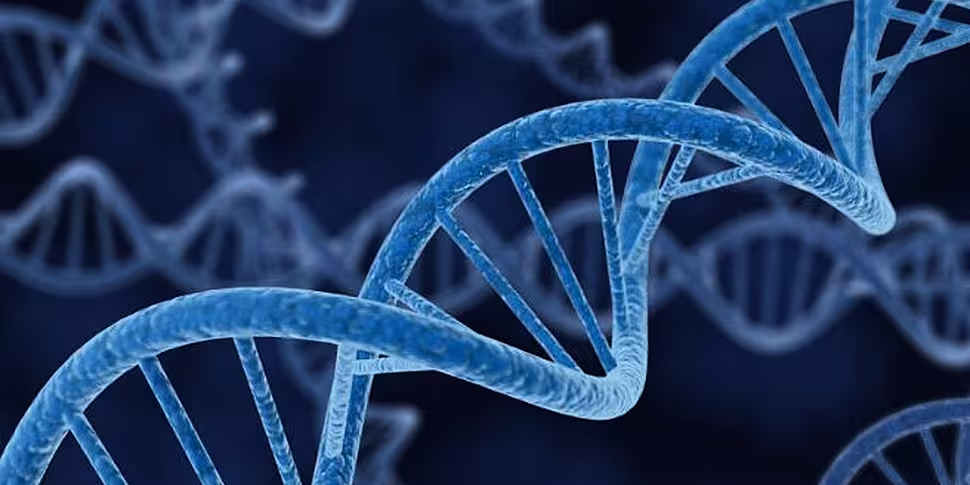Scientists have developed a test to show a woman's risk of developing breast cancer by analysing their DNA.
The research looked at 65,000 European women, analysing 77 genetic markers to give women a "polygenic risk score" in a test that could help prevent breast cancer and save lives.
A woman in the top 20% for polygenic risk score was 1.8 times more likely to develop breast cancer than average.
The lifetime risk of breast cancer for women with a history of it in their family was 24.4% if they were in the top fifth, compared with 8.6% if they were in the lowest fifth.
But for women without a history of breast cancer in their close family, the risks were 16.6% and 5.2% respectively.
Currently only women with a family history of breast cancer are sent for genetic screening but there are hopes genetic risk prediction will soon become part of routine breast screening.
The study, which is published in the Journal of the National Cancer Institute, comes just weeks after Hollywood star Angelina Jolie spoke about having her ovaries and fallopian tubes removed, due to a high risk of cancer.
Jolie, whose mother died of ovarian cancer, carries a mutation in the BRCA1 gene, increasing her risk of ovarian and breast cancer.
She chose to have a double mastectomy in May 2013.
Montserrat Garcia-Closas, professor of epidemiology at the Institute of Cancer Research in London, who co-led the study, said it was "the most definitive (study) so far" to show the benefits of genetic testing to identify risk of developing breast cancer.
"This type of testing could fit alongside other standard risk measures, such as family history and body mass index, to improve our ability to target the best preventive treatments and advice to those women most likely to benefit from them."
Nell Barrie, senior science communications manager at Cancer Research UK, which helped fund the research, said: "This study shows how the genetic map of breast cancer that scientists have been building up over the years might be used to identify women most at risk, so we can take steps to reduce their chances of developing the disease or catch it at the earliest possible stage."









